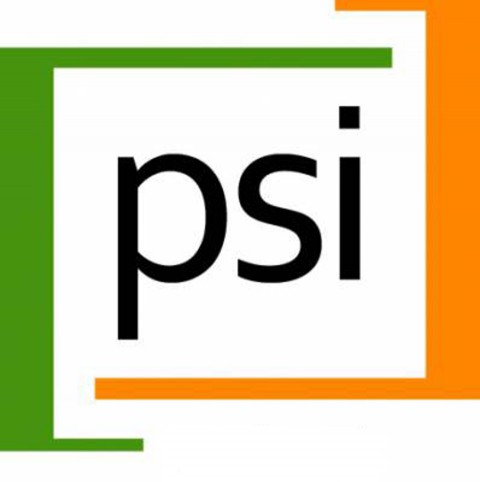Purpose
Improving sanitation outcomes by developing and testing scalable business models that engage private sector service providers and by contributing to the creation of an enabling environment for sanitation in West Africa
Activities
Sanitation Service Delivery (SSD) is a USAID/West Africa regional urban
sanitation project that is implemented by PSI in collaboration with
PATH and Water and Sanitation for the Urban Poor (WSUP). The goal
of the program is to improve sanitation outcomes by developing and
testing scalable business models that engage private sector service providers and
by contributing to the creation of a strong enabling environment for sanitation in
West Africa.
Together, USAID and its partners PSI, PATH and WSUP envision a thriving sanitation marketplace with increased capacity to deliver products and services to low-income consumers in a sustainable manner. In the process, SSD will learn and share findings, models and tools regionally that facilitate rapid expansion of successful approaches and position the project and as a regional leader in the sector.
Countries of activity
Location of main activity
Objectives
The main objectives of this 5-year, $15.8 million program are to:
- Increase use of improved sanitation
- Increase use of safe disposal and/or reuse of fecal waste at scale
- Share learning on market-based approaches to the provision of sanitation services throughout West Africa
Further information
Research or implementation partners:
o PATH has worked successfully in dozens of countries to commercialize solutions in the field of water, hygiene and sanitation.
o WSUP specializes in urban water, sanitation and hygiene and has developed innovative and sustainable approaches, bringing water and sanitation to nearly two million people in Africa and Asia to date.
o PSI will apply its global social marketing and franchising experience in developing markets for health products and services, including sanitation, to ensure they are accessible and used by low-income consumers in Benin and Cote d’Ivoire.
The former name of PSI was Population Services International - now it is just PSI.
Filter tags
Behaviour change Cities Emptying and transport (non sewered) Enabling environment and institutional strengthening Faecal sludge treatment processes International NGO Market development Peri-urban Political processes and institutional aspects Public awareness, advocacy and civil society engagement Specific to one or several countries Sub-Saharan Africa Technology comparisons United States government Urban (entire city) Urban informal settlements (slums)
















